15th November 2018 Burma
Posted to Burma: a country on the edge
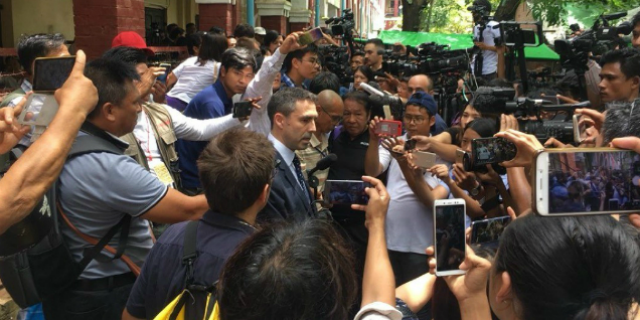
Before starting my posting to Burma, I was frequently asked, “What can an Ambassador actually do in a country like Burma?”. It was a good question!
The recent crisis in Rakhine State and the traumas faced by the Rohingya have been widely reported in the news. Less well known are:
- the violent conflicts in other parts of the country
- the hundreds of thousands of displaced people and refugees along the Burma/Thai border
- the poverty amongst large parts of the population
- the complete breakdown of many of the state’s institutions following 70 years of civil war and 50 years of military rule
Since my arrival in May I have travelled across the country learning more about the challenges facing the people of Burma, but also seeing some of the ways that these challenges are being tackled.
I have seen how floods impact on daily life:
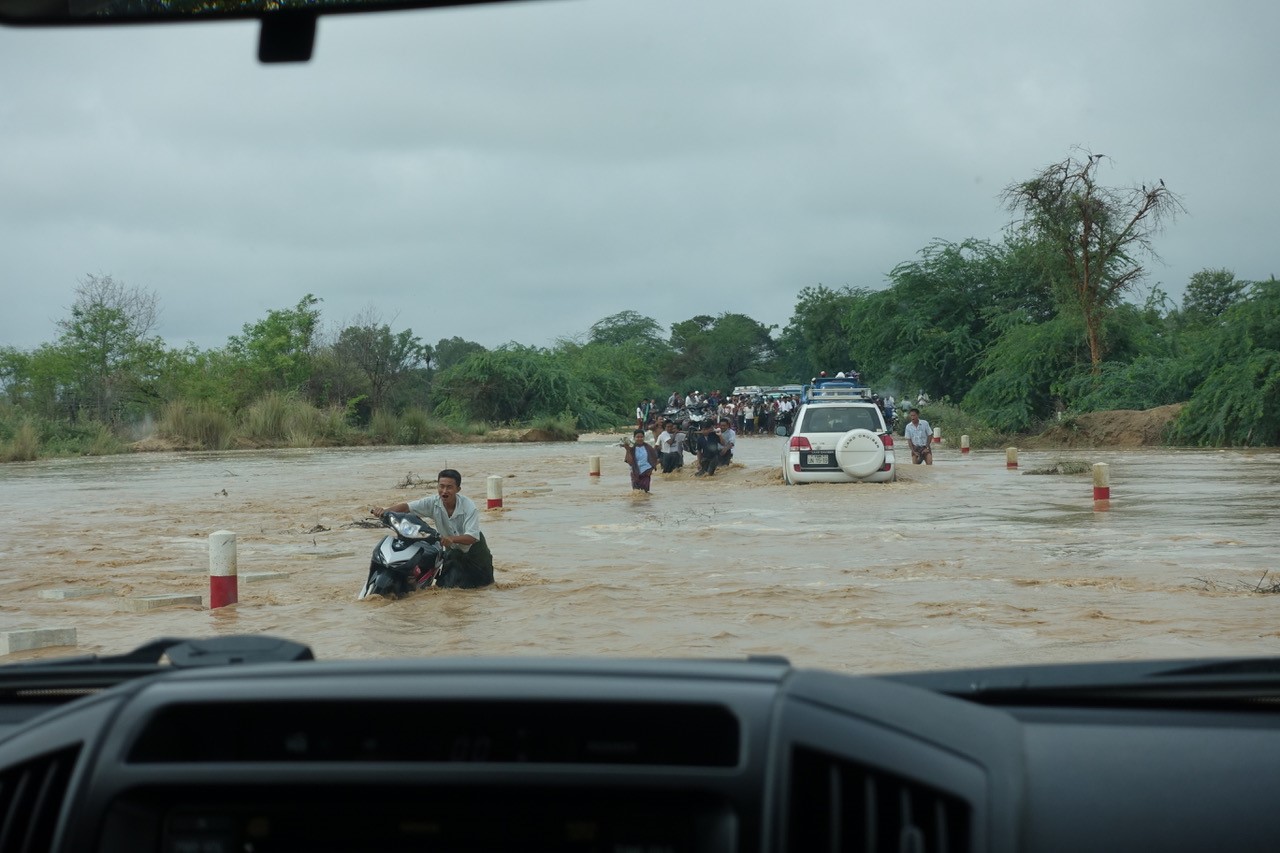
The hardships of daily life in cities:
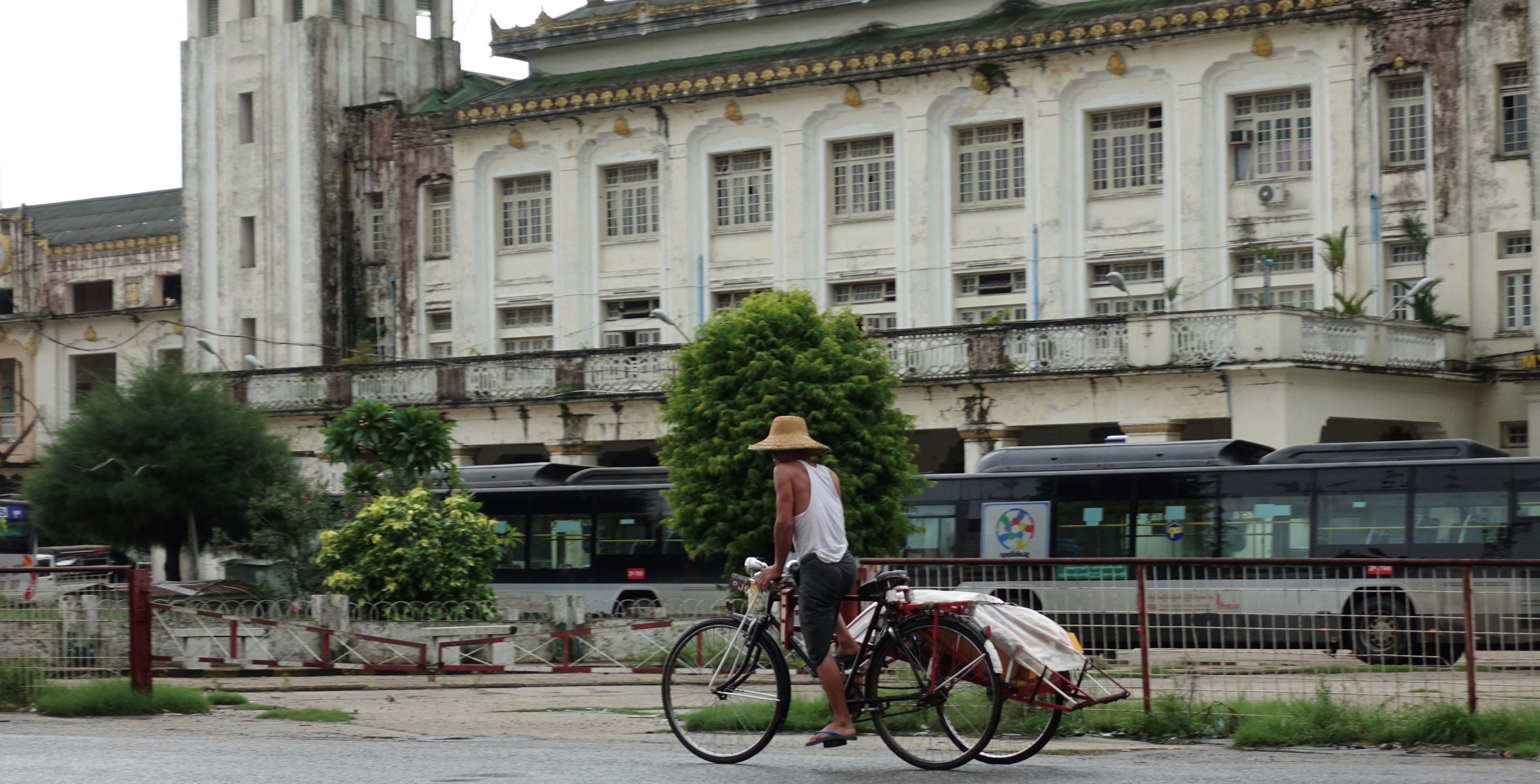
and in rural areas:
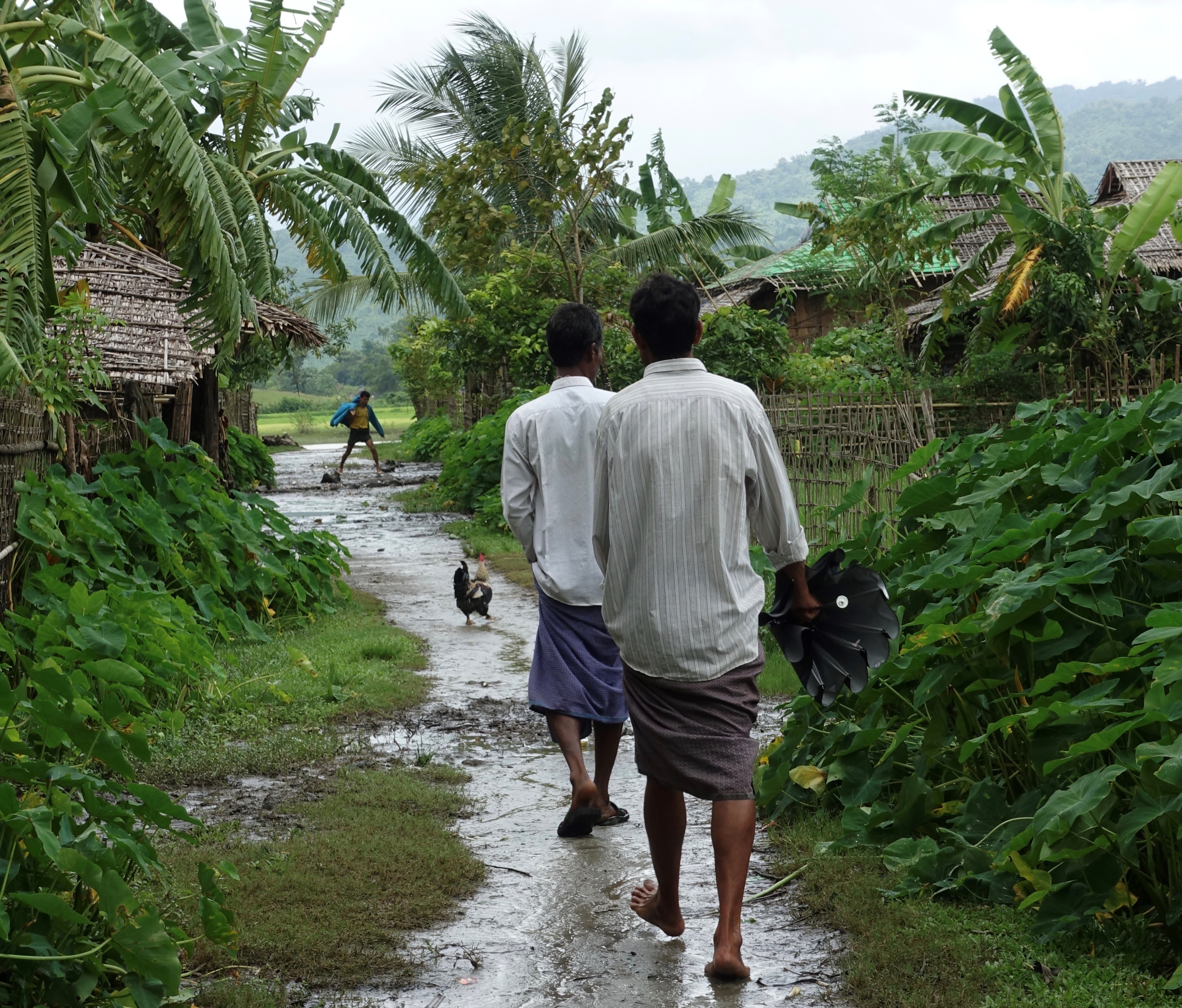
I have seen the huge difference that education can make to people’s lives:
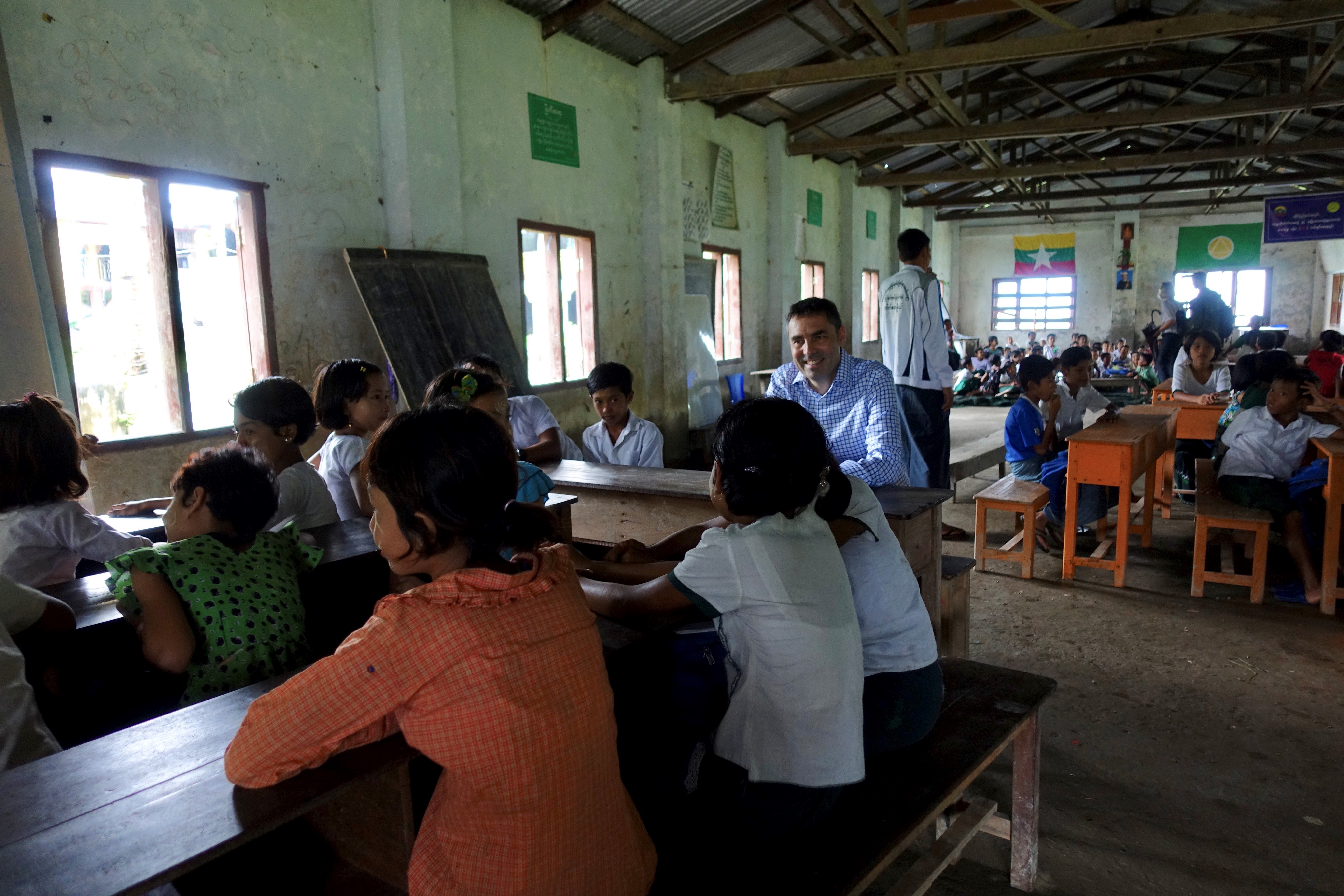
and the intimidation faced on a daily basis by Rohingya villages:
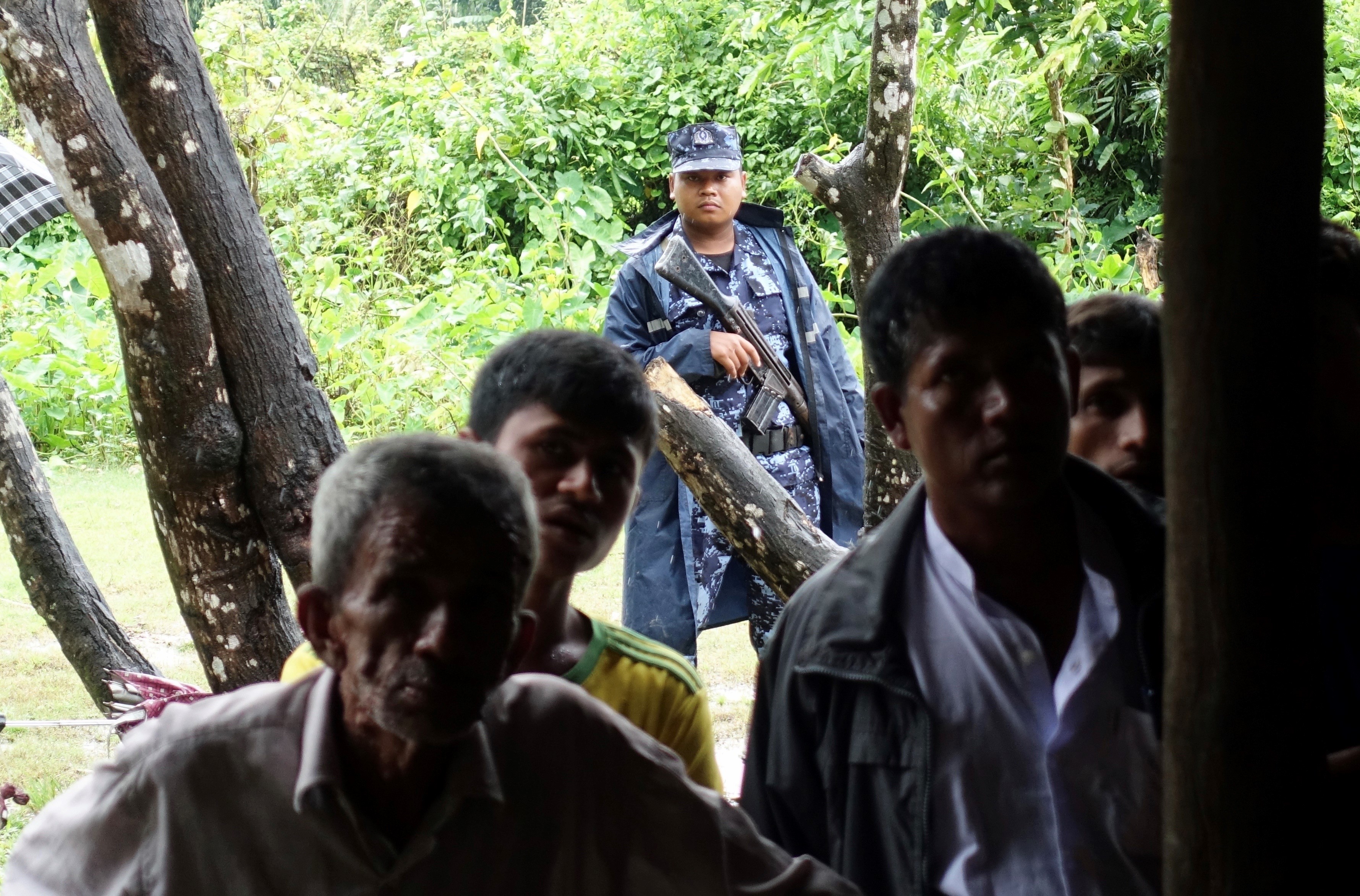
At times I have found myself at the centre of global media stories:
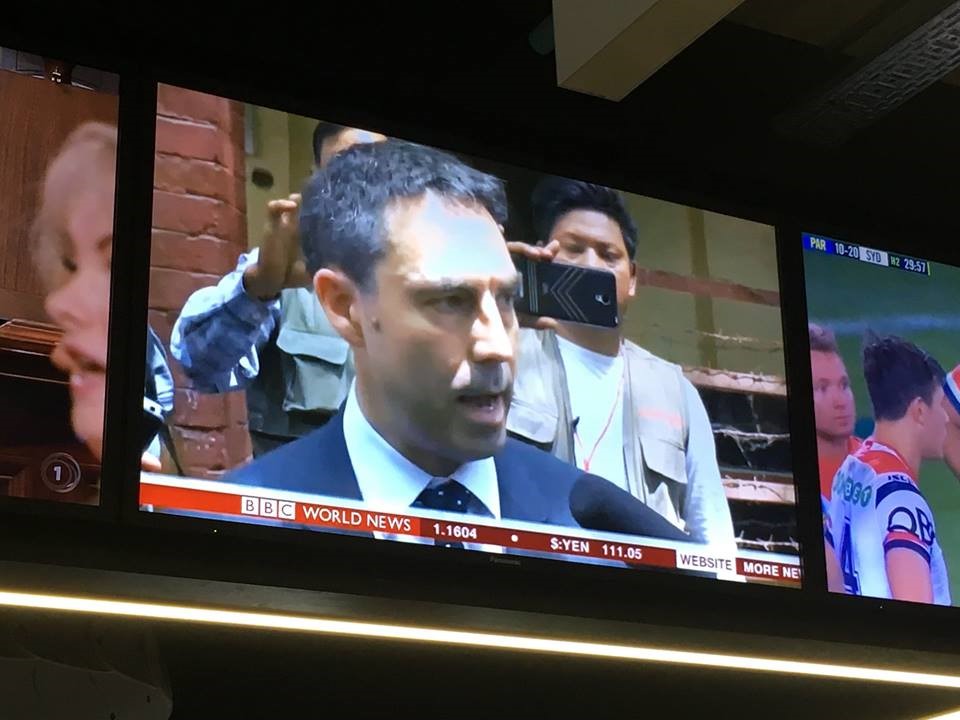
and I often find myself in front of an audience:
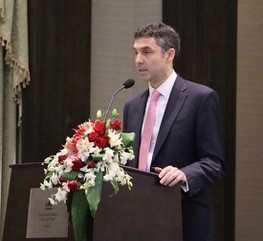
Whatever I am doing, I am focusing on promoting the UK’s international objectives: protecting our security and increasing our prosperity as well as promoting our values. As part of this work, I am looking at ways to help Burma improve its rights and freedoms and move towards democracy, but also looking for ways to find those responsible for heinous crimes and to bring them to justice.
It is not easy, but the UK still has influence in Burma. The Department for International Development (DFID) has a very large humanitarian and development programme which helps the poorest and most vulnerable in society. We have other programmes aimed at increasing the prosperity of the country.
And we have strong personal ties based on our support for Aung San Suu Kyi over the years of her house arrest (as evidenced by the fact that we refused to use the word Myanmar when the illegal military regime changed the name of the country). Aung San Suu Kyi was, of course, married to a British academic and spent many years living in Oxford.
So the answer to the question about what an Ambassador can do? Well, I can:
- understand the country and help others in the international community really comprehend what is going on
- talk to Burmese people in order to try to influence them about their policies and actions
- ensure all the resources of the British government are joined up and facing in the right direction
- help the Burmese government understand that the UK is a friend of the reformers, but that we will not accept crimes of atrocity being committed with impunity
I have been here for nearly 6 months. During this time I believe that the Embassy team and I have helped improve the lives of ordinary people in Burma; I have spoken up for rights and freedoms; and I have tried to look for solutions to some of the most difficult problems. I have met most of the richest and most important people in Burma as well as some of the poorest. It is a fascinating job!
Find out more: